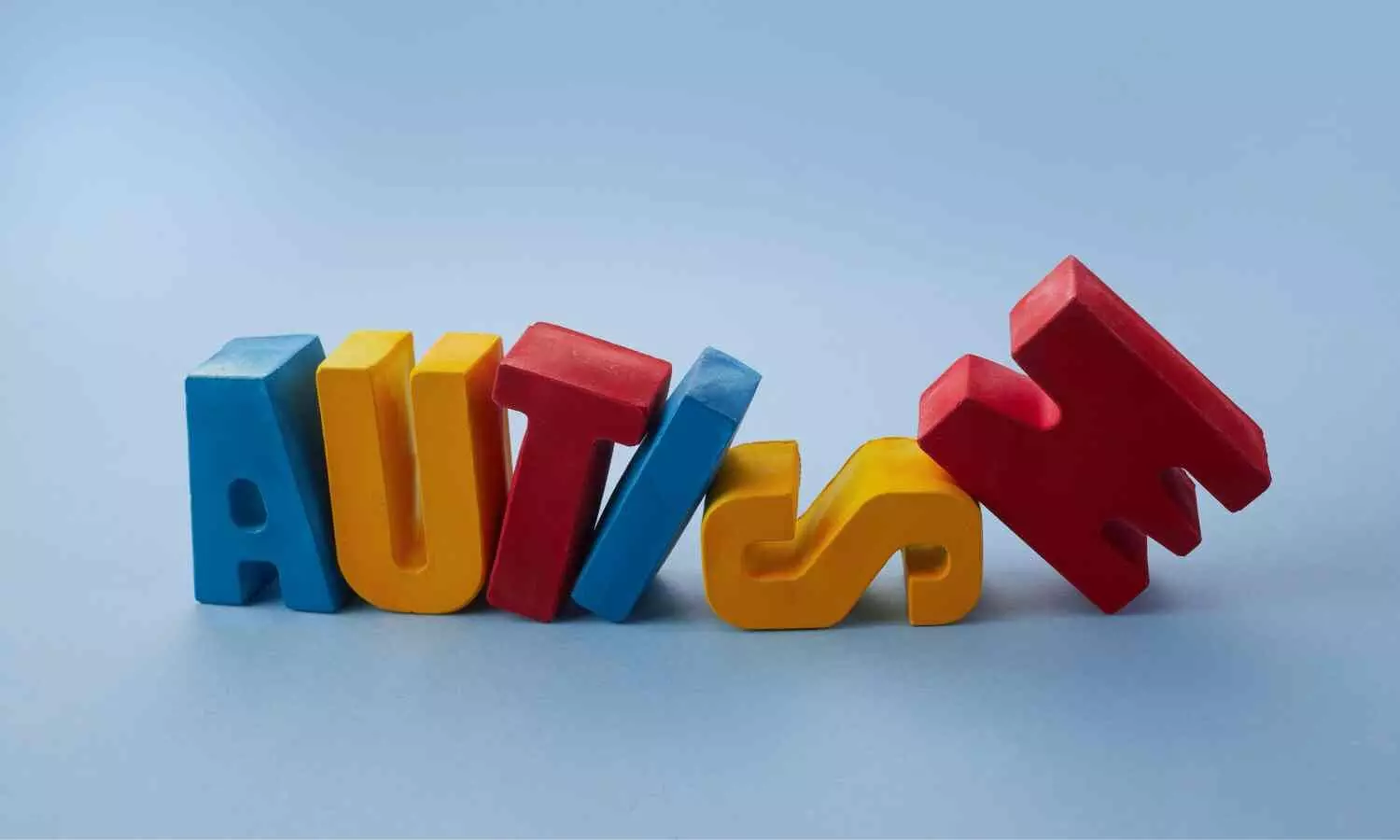WHO issues Statement on Acetaminophen Use in Pregnancy and Autism Risk
- byDoctor News Daily Team
- 25 September, 2025
- 0 Comments
- 0 Mins

TheWorld Health Organization(WHO) emphasizes that there is currently no conclusive scientific evidence confirming a possible link betweenautismand use ofacetaminophen(also known as paracetamol) duringpregnancy. Globally, nearly 62 million people (1 in 127) haveautism spectrum disorder, a diverse group of conditions related to development of the brain. Although awareness and diagnosis have improved in recent years, the exact causes of autism have not been established, and it is understood there are multiple factors that can be involved. Extensive research has been undertaken over the past decade, including large-scale studies, looking into links between acetaminophen use during pregnancy and autism. At this time, no consistent association has been established. WHO recommends that all women continue to follow advice of their doctors or health workers, who can help assess individual circumstances and recommend necessary medicines. Any medicine should be used with caution during pregnancy, especially in the first three months, and in line with advice from health professionals. Also, a robust, extensive evidence base exists showing childhood vaccines do not cause autism. Large, high-quality studies from many countries have all reached the same conclusion. Original studies suggesting a link were flawed and have been discredited. Since 1999, independent experts advising WHO have repeatedly confirmed that vaccines-including those with thiomersal or aluminum-do not cause autism or other developmental disorders. Childhood vaccine schedules are developed through a careful, extensive and evidence-based process involving global experts and country input. The childhood immunization schedule, carefully guided by WHO, has been adopted by all countries, and has saved at least 154 million lives over the past 50 years. The schedule remains essential for the health and wellbeing of every child and every community. These schedules have continually evolved with science and now safeguard children, adolescents and adults against 30 infectious diseases. Every vaccine recommendation by the Strategic Advisory Group of Experts on Immunization (SAGE), an independent advisory group to WHO, is grounded in rigorous review of evidence and carefully designed to offer the best protection against serious diseases and to be delivered when most needed. When immunization schedules are delayed or disrupted, or altered without evidence review, there is a sharp increase in the risk of infection not only for the child, but also for the wider community. Infants too young to be vaccinated and people with weakened immune systems or underlying health conditions are at greatest risk. Autism and neurodevelopmental disorders are among priority mental health and neurological conditions being discussed at the 4th UN High-Level Meeting on NCDs and mental health this Thursday, 25 September. As a global community, we need to do more to understand the causes of autism and how best to care for and support the needs of autistic people and their families. WHO is committed to advancing this goal working together with partners including autistic-led organizations and other organizations representing persons with lived experience. WHO also stands with people who are living with autism and their families, a dignified community entitled to evidence-based considerations free of stigma.
Disclaimer: This website is designed for healthcare professionals and serves solely for informational purposes.
The content provided should not be interpreted as medical advice, diagnosis, treatment recommendations, prescriptions, or endorsements of specific medical practices. It is not a replacement for professional medical consultation or the expertise of a licensed healthcare provider.
Given the ever-evolving nature of medical science, we strive to keep our information accurate and up to date. However, we do not guarantee the completeness or accuracy of the content.
If you come across any inconsistencies, please reach out to us at
admin@doctornewsdaily.com.
We do not support or endorse medical opinions, treatments, or recommendations that contradict the advice of qualified healthcare professionals.
By using this website, you agree to our
Terms of Use,
Privacy Policy, and
Advertisement Policy.
For further details, please review our
Full Disclaimer.
Recent News
Common cholesterol-lowering drugs may reduce risk...
- 27 October, 2025
Colchicine Fails to Improve Outcomes in Long COVID...
- 27 October, 2025
Study uncovers link between brain activity, energy...
- 27 October, 2025
Early-Life Sugar Restriction Linked to Lower Adult...
- 27 October, 2025
Daily Newsletter
Get all the top stories from Blogs to keep track.


0 Comments
Post a comment
No comments yet. Be the first to comment!